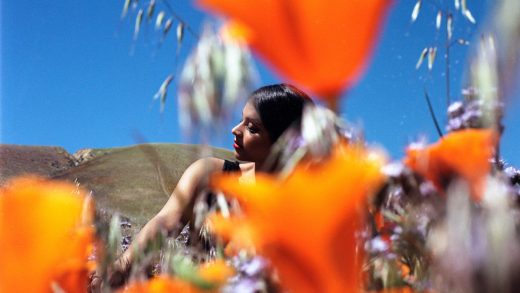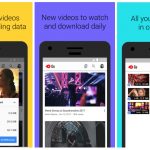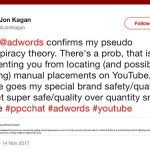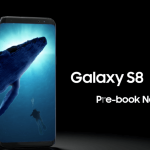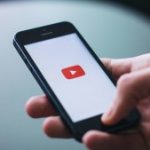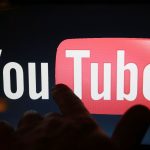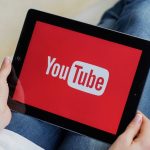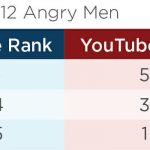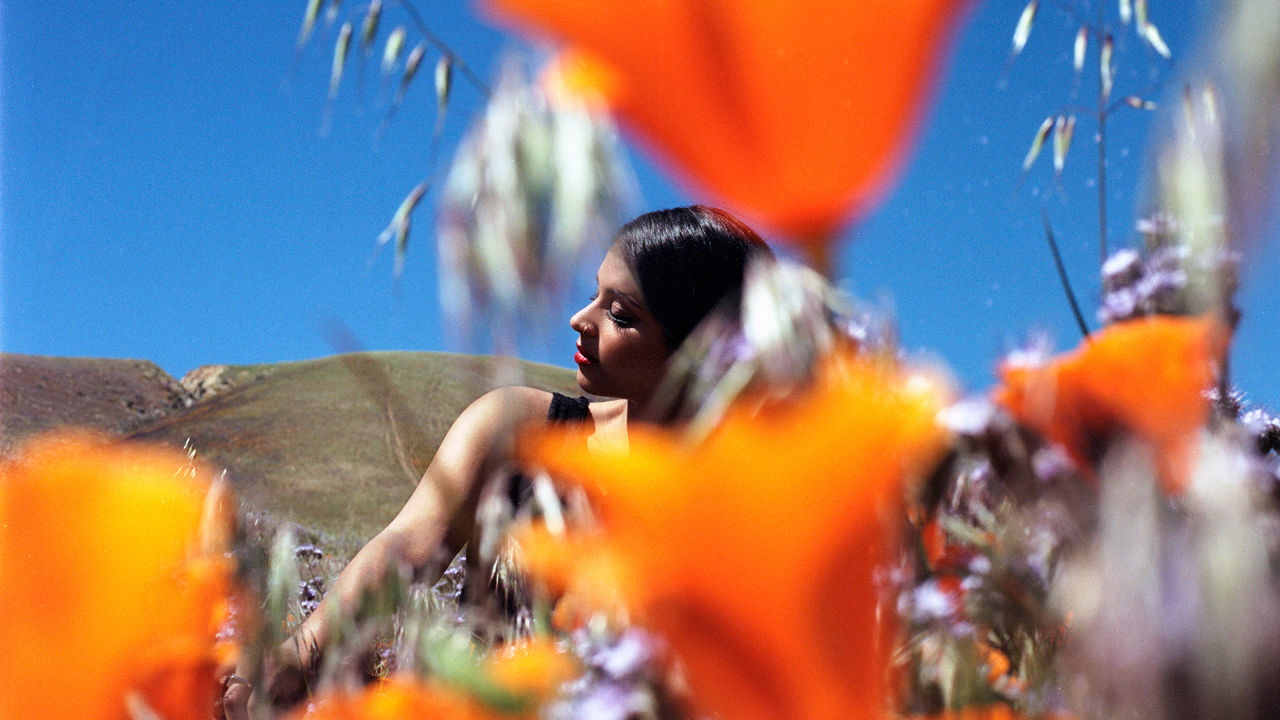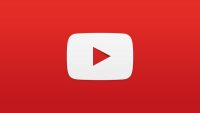YouTube Star Lilly Singh On Turning Low Points Into New Beginnings
Comedian Lilly Singh—aka IISuperwomanII—is one of YouTube’s biggest stars. Her videos about what it’s like to have Punjabi parents and “How Girls Get Ready” have been viewed over 1 billion times. Six years into vlogging, and with a live tour and feature-length documentary under her belt, she talks to Fast Company about how a low point in her life turned into career gold.
Fast Company: How did you first discover YouTube?
Lilly Singh: I uploaded my first video in 2010. I was in my last year of university at that time, getting a psychology degree—which clearly I’m using so much today! In my last year of university I was going through a really tough time with friends and family. I think mostly it was going through the motions of life and not really being excited by psychology or what I was doing in school. But my parents really wanted me to do psychology and I really wanted to follow in my sister’s footsteps, and so I wasn’t a very happy person. And I discovered YouTube one day and I saw this video, a Jenna Marbles video, and I thought, wait what is this? I thought this is so intriguing to me that people are posting videos and people around the world are watching them. And so I posted a video. And it made me remember what it was like to do something I liked. And I know that sounds really dramatic, but it’s true. I posted a video and it was really exciting to me. I was like, wow, this is a really fun challenge and I enjoy doing this. So I didn’t have a game plan or anything, but I posted a second, a third, a fourth video. Fast-forward six years later, and I developed this brand of positivity and uplifting people, and I think a lot of that comes from the time period I was in when I started posting videos, which wasn’t a very happy place.
How has YouTube evolved as a business opportunity since you started posting videos?
The great, thrilling, yet terrifying thing about YouTube is that it’s so new. It’s such an unconventional space. There really is potential to do pretty much anything. Right now, of course, I make a living off my videos, from AdSense revenue. Last year I went on a world tour, which was 31 shows, 27 cities. There’s the possibility of selling merchandise, brand deals, also the possibly of creating music, which I’m also venturing into a little bit. Some of my fellow creators have written books.
YouTube is still a platform where you can express your opinion, but now you can actually become a brand. And I think when I first started, YouTube, in my mind, wasn’t working that way. I was more like, oh, let me express myself as I would in a post online or a tweet. But now it’s like I can build a brand and I can build a community. And I think the community really ties into the business aspect of YouTube because it’s very unique in that sense. YouTube really does build a community that a lot of other social media platforms don’t. And so when you think about your business, you think about this community that you build, and how you can work with the community and what you can develop with your community.
How did you balance your commitment to posting videos on a regular basis while you were on tour?
Before the tour I was like oh, man I’m going to be on tour for two and a half months, so I’m gonna spend a month banking videos. Because everyone’s like, ‘Why don’t you just make your videos in advance?’ And I’m like, what is this advance you speak of? There is no advance. Because I’m always doing something. On tour, I missed a video or two. But sometimes after a show, after getting on a plane and after landing, I’d make a video. Or after landing, doing a show, going back to my hotel, I’d make a video. It was difficult to maintain a show and a channel, but you’ve got to do what you’ve got to do.
You are now on billboards on Sunset Boulevard; I think it’s fair to say you’ve hit the mainstream. Is there a balance you have to walk with your fans so they don’t feel that you’ve sold out?
I’m very cautious of that. Years ago, the idea of YouTube was, let’s get on YouTube and use it as a stepping-stone to traditional Hollywood. I think that’s all changed. I don’t think it’s a stepping-stone at all. I think it’s very on par with traditional Hollywood. If you look at the deals I’m getting now compared to the deals I was getting six years ago, they’re very different. Movie studios will come to YouTube creators to promote their movies. I’ve worked with Seth Rogen, James Franco, Arnold Schwarzenegger, all to promote their movies on my channel. I think the time’s really shifting.
For me, I still love to (work in traditional media), not because I think it’s better, but for me personally as an entertainer it’s a different challenge, it’s a different skill set. But I’m very adamant, if I get into TV or film it’s not instead of YouTube, it’s in addition to YouTube. It’s very important to me to maintain that channel and to maintain that community for as long as I do that, my audience will be willing to accept me missing a video every once in a while if I’m consistent for four months, because I had to do an audition or I had to do a shoot. Or them seeing me on a billboard and feeling like, oh, she’s not ours anymore. They’re much more willing to embrace that if you stay consistent.
Lilly Singh On Showing What You’re Worth
Fast Company , Read Full Story
(11)

